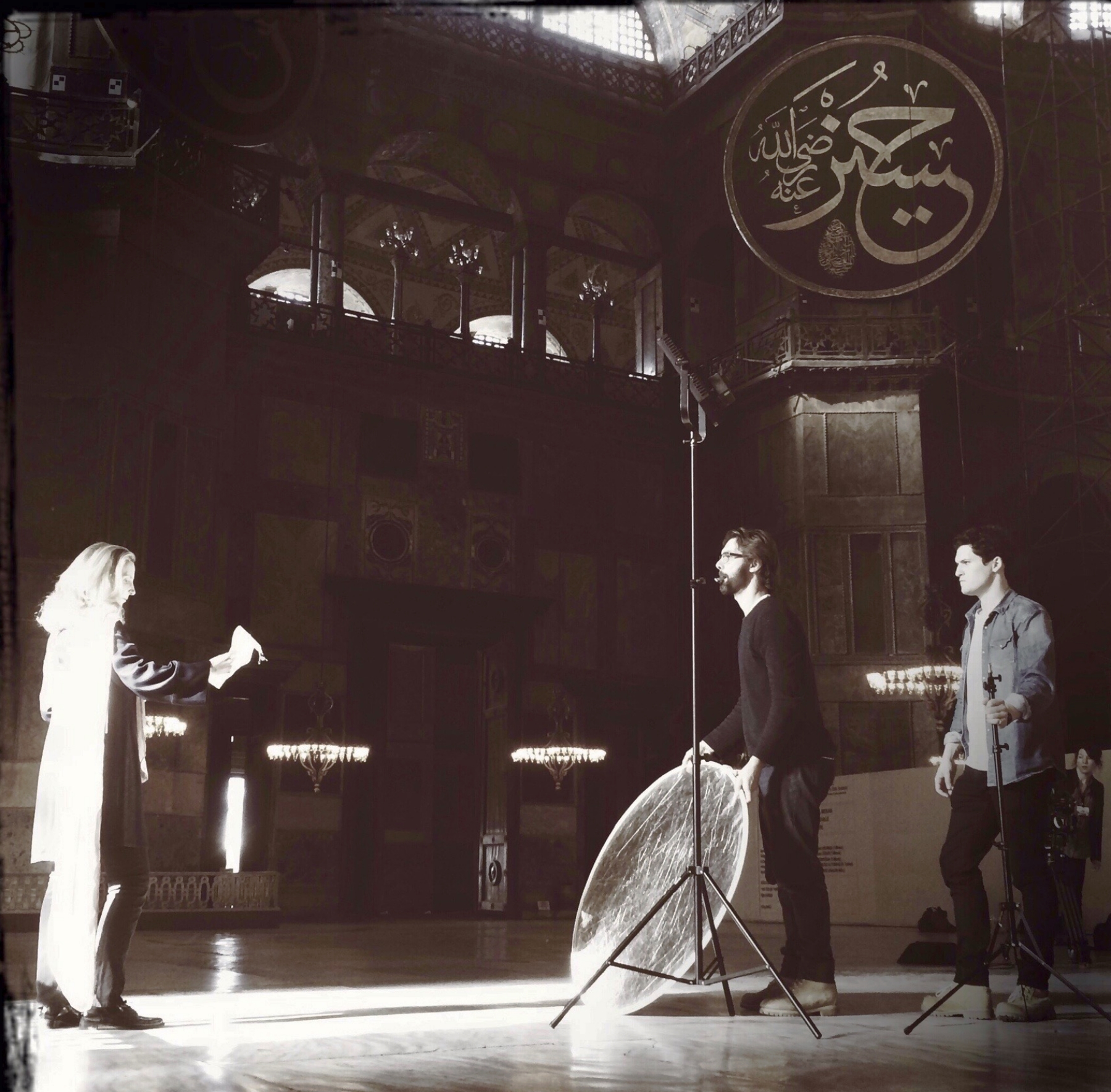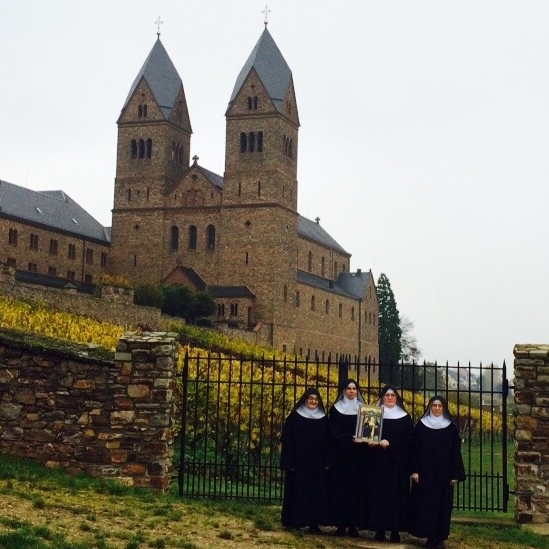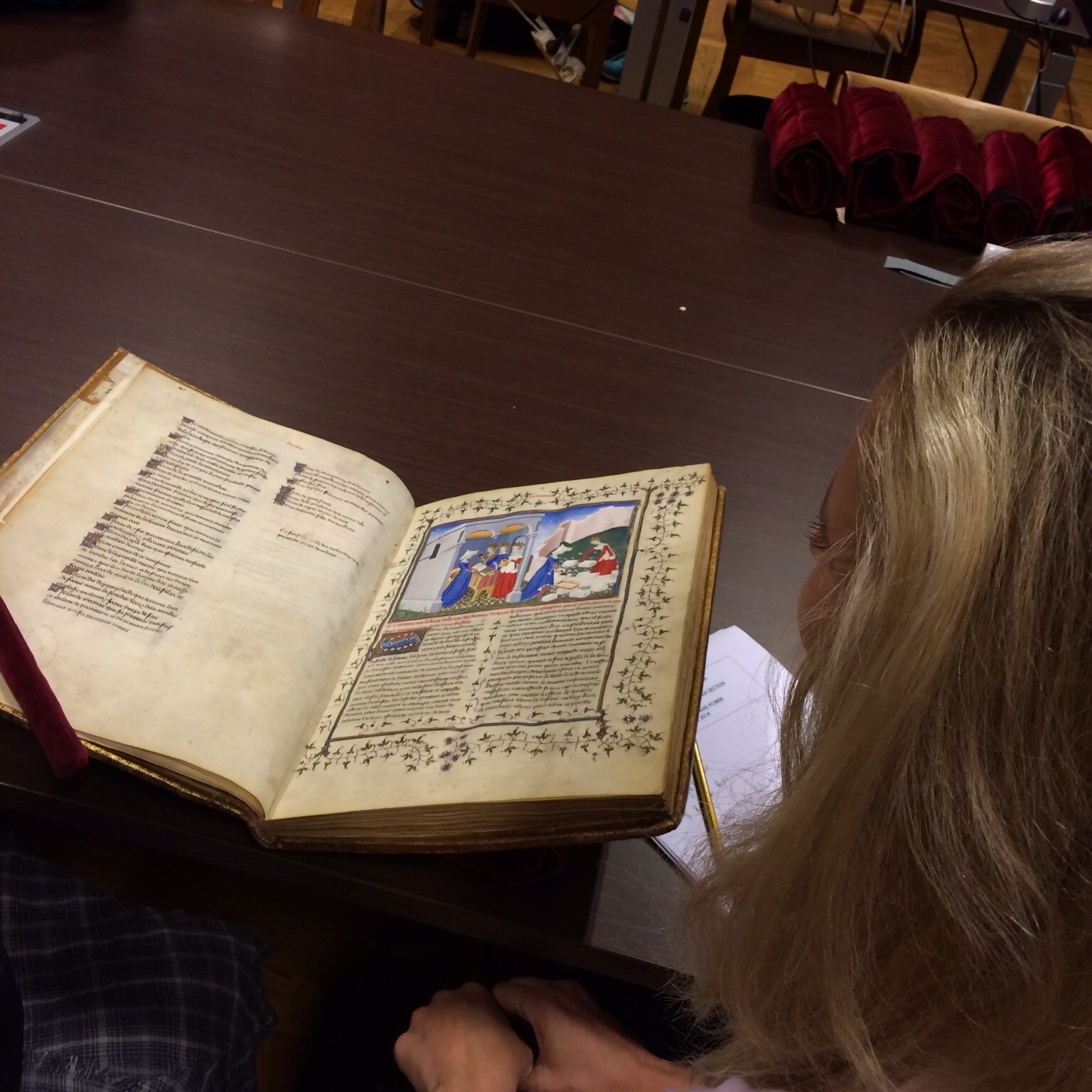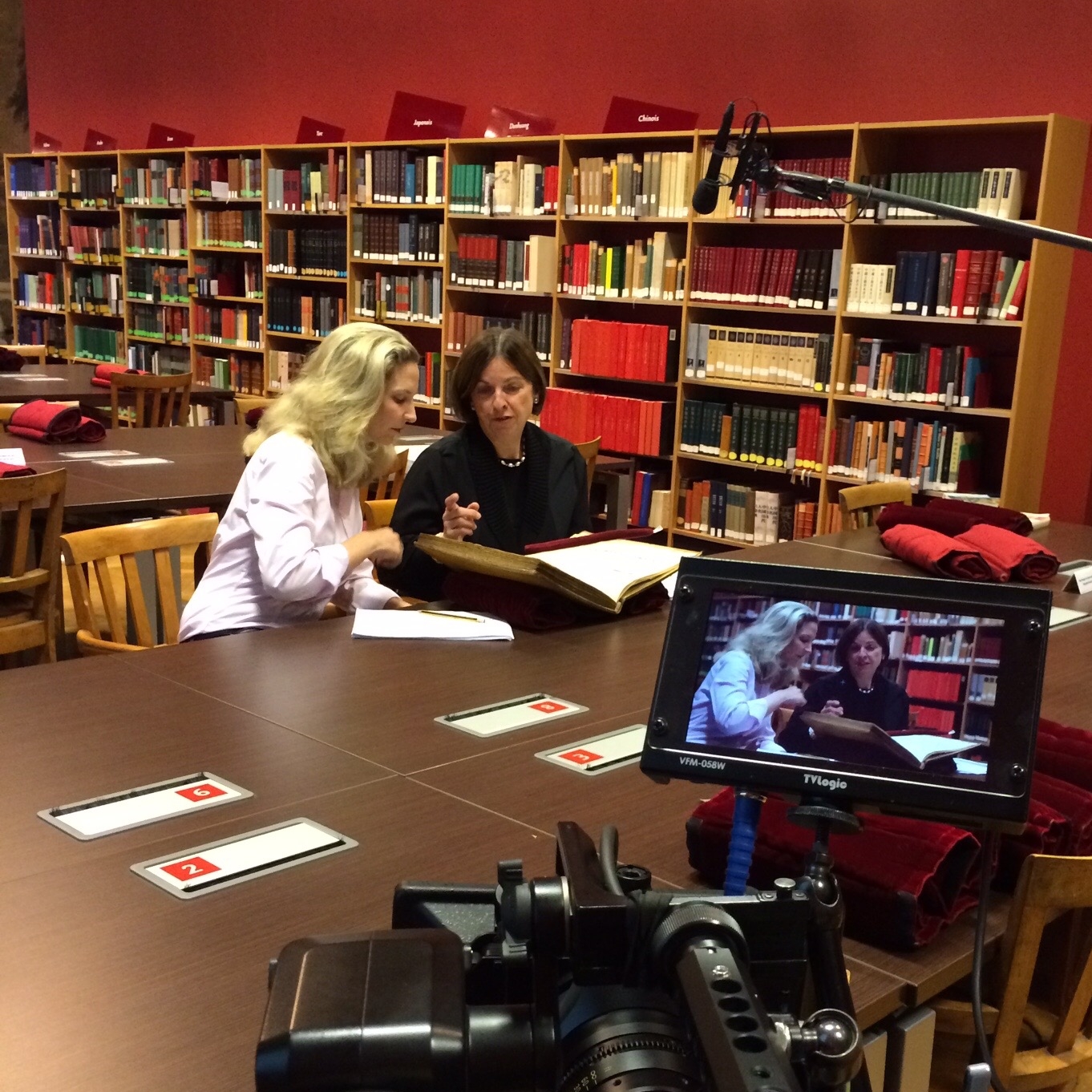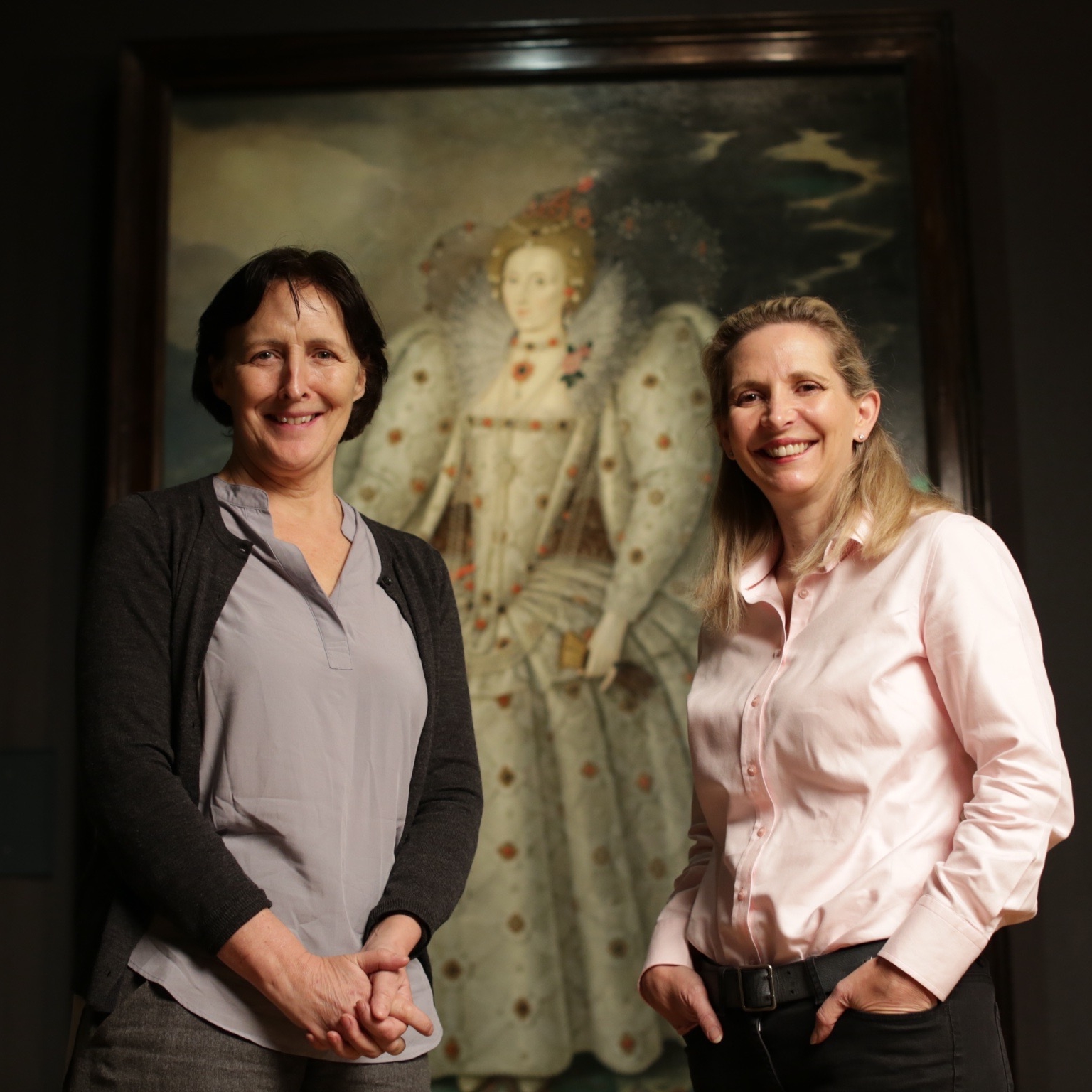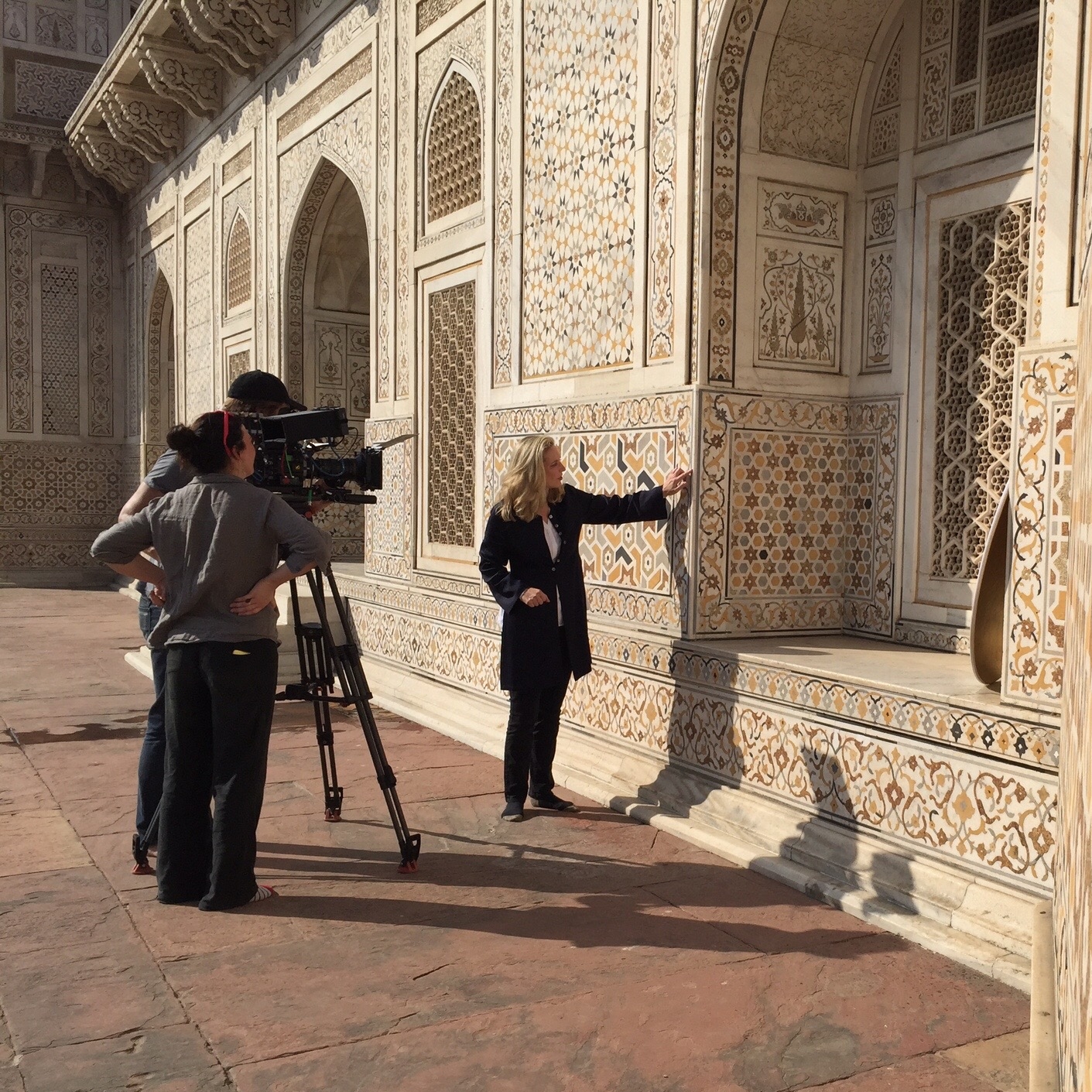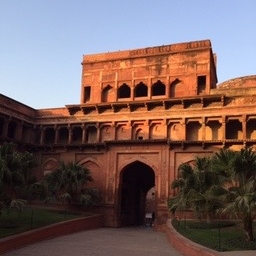Episode 3: Power
Dr. Amanda Foreman travels to Istanbul, Germany, London, Paris and Delhi to explore the ways in which women created their own routes to power, often subverting to their advantage the very restrictions placed on them. Episode 3 showcases the achievements of six extraordinary women, from Empress Theodore of Byzantium to Nur Jahan ofMughal India, to argue that it’s time for history to embrace the fact that if women are excluded from the narrative, then not only are the wrong questions are being answered but an untruth is being told.
In this episode, Amanda offers up the example of exceptional women who defied the entrenched male intellectual movements and religions of their eras, by creating their own worlds from which a female perspective could thrive.
Women who operated from within the patriarchal systems of religion, law, marriage and education to create their own routes to power: from Empress Theodora who transformed herself from street performer and prostitute to Empress and co-ruler of the Eastern Orthodox Church, to the 12th century German nun, writer, preacher and visionary Hildegard of Bingen.
From Christine de Pizan, the first woman to write in defense of women’s rights to Roxelana, the Ukrainian concubine who achieved the complete restructuring of dynastic politics in the Ottoman Court, and the Mughal Empress Nur Jahan, who pioneered the visual aesthetic of India we know today.
These women resisted and rebelled from within the confines of the home, the palace, the convent, and the harem. They demanded to be heard, fought to have respect, and insisted on having their own authority. And in doing so, they helped to shape our world.
Highlights of the episode include a master class in Shakespearean language with actress Fiona Shaw as she deconstructs Elizabeth I’s famous Tilbury Speech: “I may have the body of a weak and feeble woman, but I have the heart and stomach of a king, and a king of England too!”
Photographs from Episode 3

